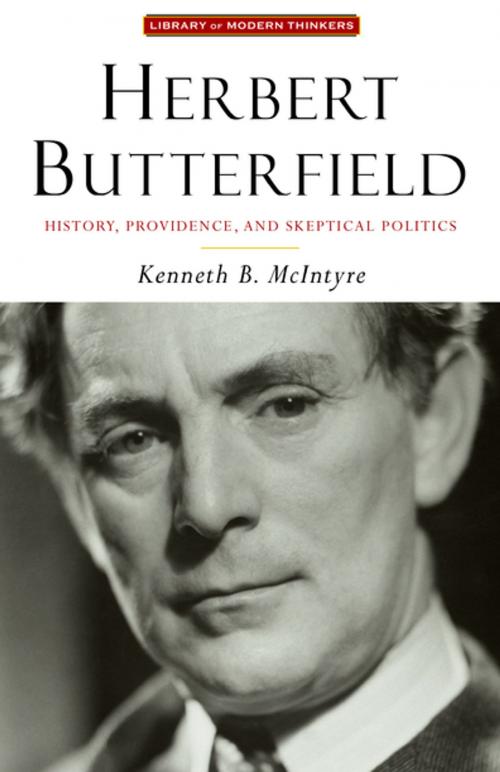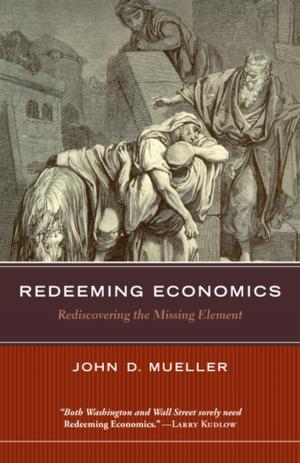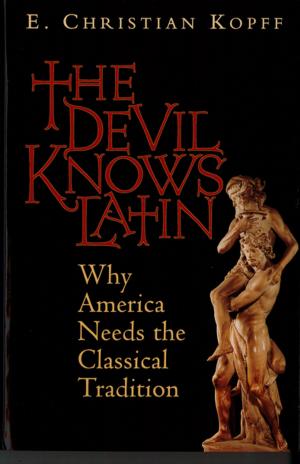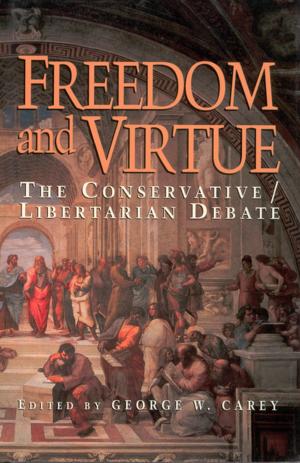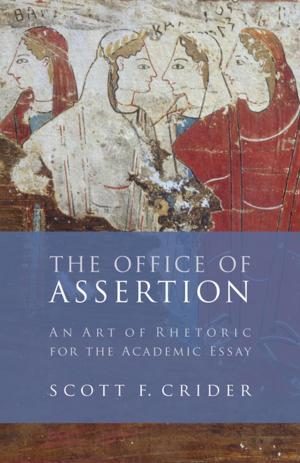| Author: | Kenneth McIntyre | ISBN: | 9781497636316 |
| Publisher: | Intercollegiate Studies Institute (ORD) | Publication: | April 8, 2014 |
| Imprint: | Intercollegiate Studies Institute | Language: | English |
| Author: | Kenneth McIntyre |
| ISBN: | 9781497636316 |
| Publisher: | Intercollegiate Studies Institute (ORD) |
| Publication: | April 8, 2014 |
| Imprint: | Intercollegiate Studies Institute |
| Language: | English |
“The most original historian of his generation”
That is how the celebrated British academic Noel Annan described Herbert Butterfield (1900–1979), a profound and prolific writer who made important contributions as both a public and academic historian.
In this authoritative and accessible intellectual biography, Kenneth B. McIntyre explores the extraordinary range of Butterfield’s work. He shows why the small book The Whig Interpretation of History (1931) achieved such large influence; Butterfield, he demonstrates, has profoundly shaped American and European historiography by highlighting the distortions that occur when historians interpret the past merely as steps along the way toward the glorious present.
But McIntyre delves much deeper, examining everything from Butterfield’s lectures on history, historiography, and Christianity, to his warnings about the dangers of hubris in international affairs, to his essays on the origins of modern science, which basically created the modern discipline of the history of science.
This latest volume in ISI Books’ acclaimed Library of Modern Thinkers helps us understand a prescient and insightful thinker who challenged dominant currents in history, historiography, international relations, and politics.
“The most original historian of his generation”
That is how the celebrated British academic Noel Annan described Herbert Butterfield (1900–1979), a profound and prolific writer who made important contributions as both a public and academic historian.
In this authoritative and accessible intellectual biography, Kenneth B. McIntyre explores the extraordinary range of Butterfield’s work. He shows why the small book The Whig Interpretation of History (1931) achieved such large influence; Butterfield, he demonstrates, has profoundly shaped American and European historiography by highlighting the distortions that occur when historians interpret the past merely as steps along the way toward the glorious present.
But McIntyre delves much deeper, examining everything from Butterfield’s lectures on history, historiography, and Christianity, to his warnings about the dangers of hubris in international affairs, to his essays on the origins of modern science, which basically created the modern discipline of the history of science.
This latest volume in ISI Books’ acclaimed Library of Modern Thinkers helps us understand a prescient and insightful thinker who challenged dominant currents in history, historiography, international relations, and politics.
